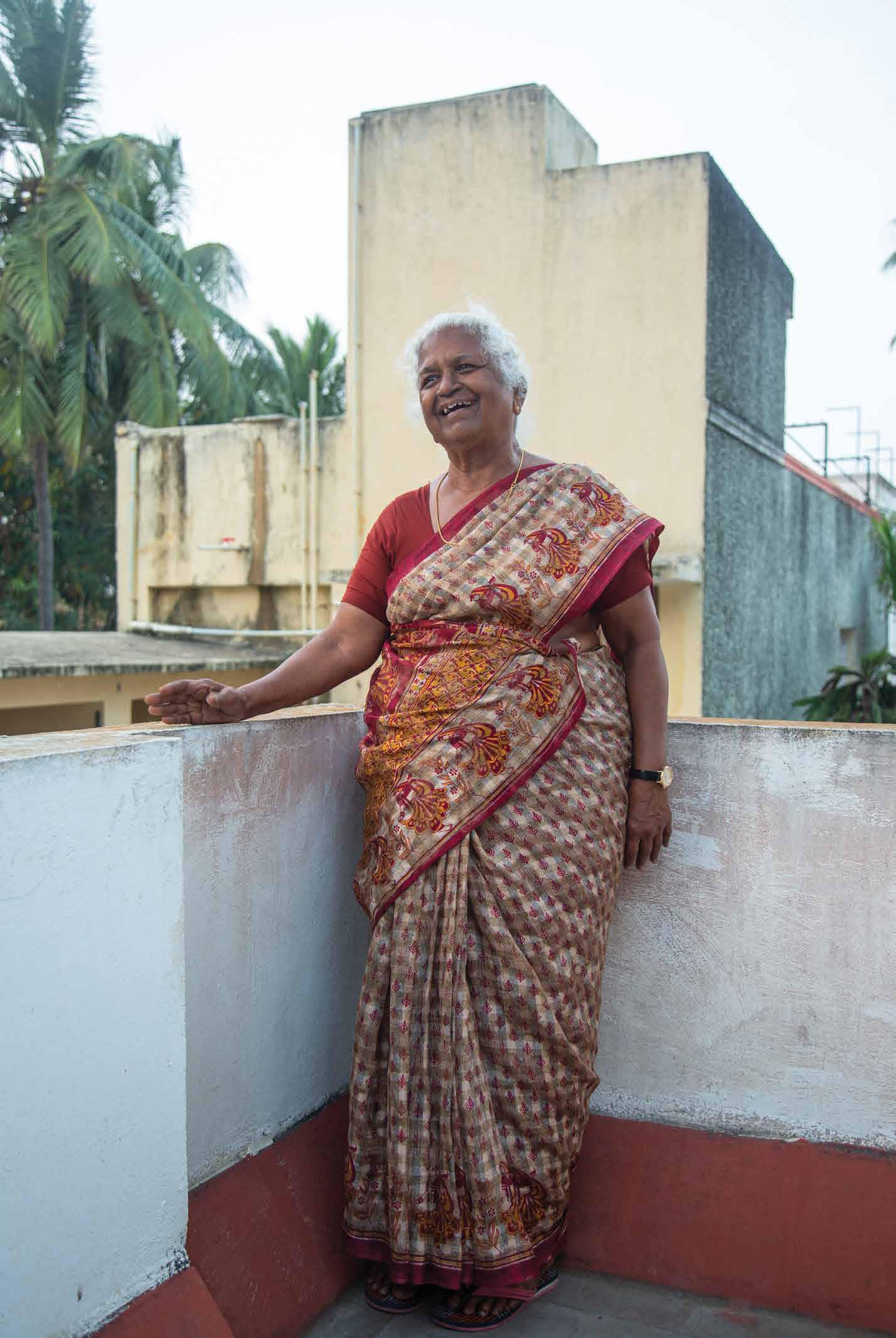
{ONE}
ARPUTHAM HAD WAITED for this moment for 11,299 days. A large crowd had gathered at her house lawyers, journalists, local political activists and friends. Throughout the morning, more reporters came flooding into the small railway town of Jolarpettai, making their way to the beige-painted house where her family lived. But Arputham herself was at a relative's house nearby. She wanted to avoid the crowd and manage her expectations. For over three decades, she faced consistent disappointment, navigating her way through India's labyrinthine court system. On that day, 18 May 2022, the Supreme Court was to decide whether her son, who had been out on bail since March, would finally be granted his freedom.
AG Perarivalan had been convicted for the murder of Rajiv Gandhi, India's sixth prime minister. He was arrested as a 19-year-old, in June 1991, on flimsy grounds. The assassination shook the whole country but it had the most profound impact on Tamil Nadu, particularly in its aftermath. Perarivalan's incarceration and Arputham's battle to free him not only captured the imagination of the Tamil public but had a significant bearing on regional politics. "I was an ordinary woman then," Arputham told me. "A home maker. In just a handful of days, my life turned upside down. People who were close to us till then deserted us, fearing that they would be in danger if they got in touch with us. I was alone, completely alone."
She had decided to hear the judgment separately, because Perarivalan said it would be hard for her to see him if the day's hearing at the Supreme Court did not deliver a favourable verdict.
This story is from the January 2023 edition of The Caravan.
Start your 7-day Magzter GOLD free trial to access thousands of curated premium stories, and 9,000+ magazines and newspapers.
Already a subscriber ? Sign In
This story is from the January 2023 edition of The Caravan.
Start your 7-day Magzter GOLD free trial to access thousands of curated premium stories, and 9,000+ magazines and newspapers.
Already a subscriber? Sign In

Mob Mentality
How the Modi government fuels a dangerous vigilantism

RIP TIDES
Shahidul Alam’s exploration of Bangladeshi photography and activism

Trickle-down Effect
Nepal–India tensions have advanced from the diplomatic level to the public sphere

Editor's Pick
ON 23 SEPTEMBER 1950, the diplomat Ralph Bunche, seen here addressing the 1965 Selma to Montgomery March, was awarded the Nobel Peace Prize. The first black Nobel laureate, Bunche was awarded the prize for his efforts in ending the 1948 Arab–Israeli War.

Shades of The Grey
A Pune bakery rejects the rigid binaries of everyday life / Gender

Scorched Hearths
A photographer-nurse recalls the Delhi violence

Licence to Kill
A photojournalist’s account of documenting the Delhi violence

CRIME AND PREJUDICE
The BJP and Delhi Police’s hand in the Delhi violence

Bled Dry
How India exploits health workers

The Bookshelf: The Man Who Learnt To Fly But Could Not Land
This 2013 novel, newly translated, follows the trajectory of its protagonist, KTN Kottoor.